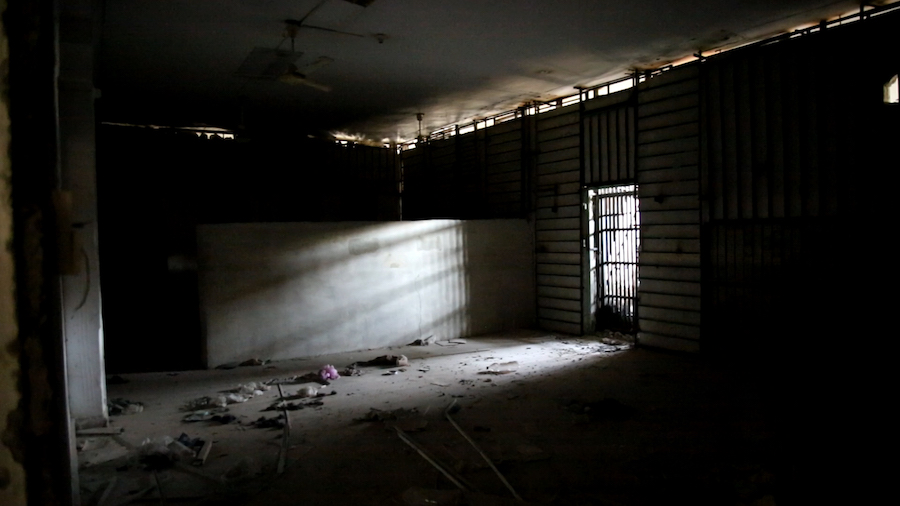Over the past two years, the U.S. criminal proceedings against two of the so-called ISIS “Beatles”—a cell of four British nationals that oversaw the detention and execution of foreign journalists and aid workers—have drawn to a close, with Alexanda Kotey and El Shafee Elsheikh ultimately convicted for their roles and each receiving eight concurrent terms of life imprisonment.
As part of its work monitoring trials that prosecute crimes committed in Syria, the Syria Justice and Accountability Centre (SJAC) monitored the developments of the Kotey and Elsheikh trial in order to collect information relevant to the search for missing persons in formerly ISIS-controlled Syria.
Most trials of ISIS affiliates take place outside of Syria and offer little tangible benefit to the thousands of Syrian families who are searching for their loved ones missing by ISIS. However, SJAC has found that such trials do not have to be a missed opportunity to achieve meaningful justice for Syrian and foreign victims of ISIS, as evidence uncovered in the prosecution of ISIS affiliates can be invaluable in the search for the missing.
Through information gathered throughout the public trial of Elsheikh and follow-up interviews with witnesses that were facilitated by U.S. legal authorities, SJAC has uncovered significant information about seven ISIS detention facilities and their operation at the height of ISIS’s control. SJAC’s findings on these facilities are presented in SJAC’s newest brief, “Missed Opportunities: How to Prosecute ISIS and Search for the Missing in Syria.” The report outlines guidance on how accountability mechanisms can support missing persons investigations.
Criminal trials provide several avenues for cross-collaboration between missing persons investigators and legal authorities. Witnesses and survivors of ISIS detention who are identified for trial may hold valuable information deemed outside the scope of the prosecution, but highly relevant for uncovering the whereabouts of the missing. Furthermore, in many cases of atrocities, it is the perpetrators who have the most valuable information regarding missing persons. When the accused are willing to cooperate, legal authorities can facilitate interviews that can provide new information on patterns of detainee transfer, location of prisons and gravesites, and much more.
Accountability actors—including prosecutors, police and other investigators, and international mechanisms such as the IIIM—should actively ensure that relevant information is identified and shared with SJAC and other missing persons investigators. This can include identifying and notifying SJAC when they are pursuing criminal investigations that may be relevant for the search for those missing by ISIS, the sharing of evidence not raised in trial that may be relevant to missing persons, connecting witnesses with SJAC, and facilitating access to the accused.
These avenues, which respect the legal and privacy constraints of accountability processes, can ensure that often-overlooked evidence can still support justice processes elsewhere. The ongoing prosecutions of alleged ISIS affiliates in Europe are a valuable opportunity to extend collaboration further. Sustained cooperation between legal authorities, SJAC, and witnesses is crucial to support the search for the missing and work towards comprehensive justice for families of the missing and victims of ISIS.
